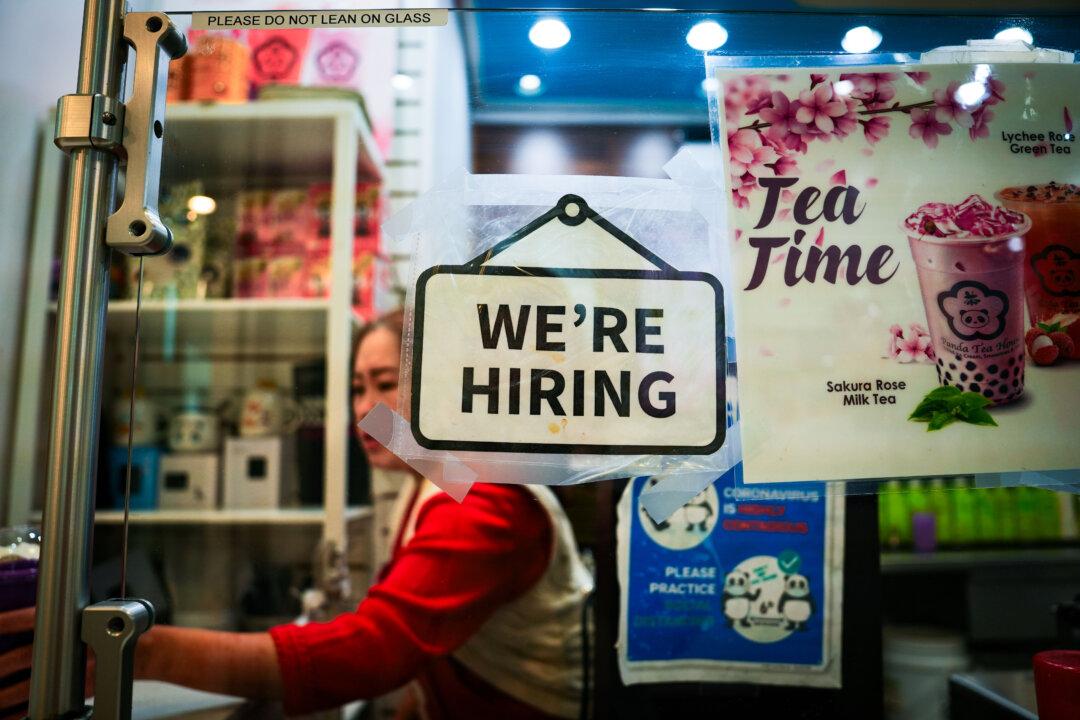New Hampshire-based Common Sense Soap is recalling its cosmetic beef tallow products because they were manufactured without federal inspection and could be mistaken as fit for human consumption, according to the Food Safety and Inspection Service (FSIS).
In total, four products under the Lady May brand are being recalled, all in various sizes, and sold in tubs or jars. The items were shipped to wholesalers and retailers across the United States.
FSIS said it had determined that Lady May had contracted Common Sense to produce the items, with the recalled items manufactured between Oct. 16, 2024, and Feb. 6, 2025.
“The beef tallow products contain a nutrition facts label, leading people to believe that the product is safe for human consumption,” FSIS said in a statement. “Common Sense Soap does not possess a federal grant of inspection and is not authorized to produce products intended for human consumption.”
Beef tallow is used for cooking and skin care. Common Sense and Lady May are sellers of cosmetic and personal care products. FSIS said it was “concerned that some of the recalled products may be in consumers’ pantries.”
The recall has been classified as a “High-Class 1” under USDA categorization, the highest of the three recall classifications. Class I recalls are issued when “there is a reasonable probability that the use of the product will cause serious, adverse health consequences or death,” according to FSIS.
According to the agency, there have been no confirmed reports of adverse reactions among people using the products.
“These products should be thrown away or returned to the place of purchase,” FSIS said in the announcement. “Anyone concerned about a reaction should contact a healthcare provider.”
Customers with queries about the recall can contact Lady May Tallow.
Funding Cuts
The recall comes as federal agencies are under scrutiny for their food inspection and safety efforts.There are at least 30 federal laws that govern the safety and quality of food supply in the country, with the laws being administered by 15 federal agencies, including the FSIS, the Food and Drug Administration (FDA), and the Centers for Disease Control and Prevention.
Even though the agencies have taken certain steps to hit foodborne illness reduction targets, “the most recently available data show that FDA and FSIS have not met their goals,” the report said. Out of the seven annual performance goals listed by GAO, none of the agencies fulfilled their objectives.
For instance, the FSIS aimed to reduce the proportion of poultry samples containing salmonella bacteria by 4 percent. It ended up rising by 22 percent.
Similarly, the FDA failed to lower the incidence of lab-diagnosed, domestically acquired salmonella infections to its target level.
“They perform the majority of food inspections reported by FDA, including 50% of food processing facility inspections, 90% of produce safety inspections, and 100% of retail food inspections,” the lawmakers wrote. “These inspections are carried out at a significantly lower cost to taxpayers than if FDA had conducted them directly.”
Potential FDA cuts could “deleteriously impact” America’s food safety system as several state programs may get scaled down or fully terminated, the letter said.







